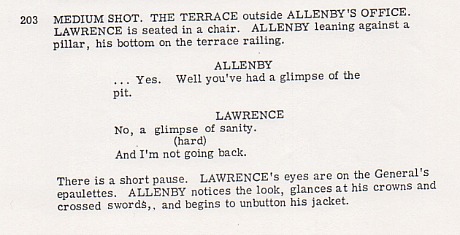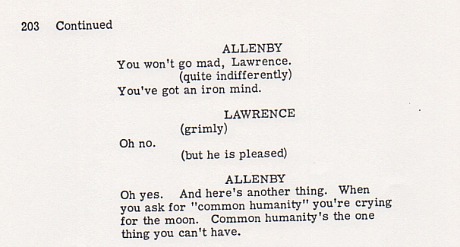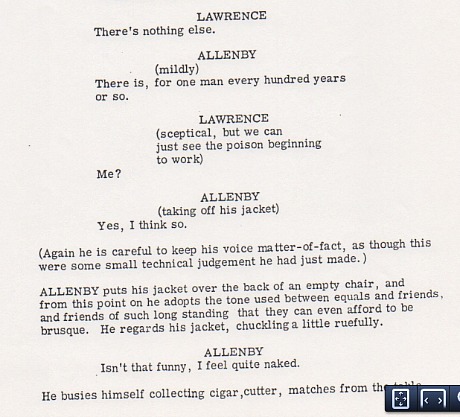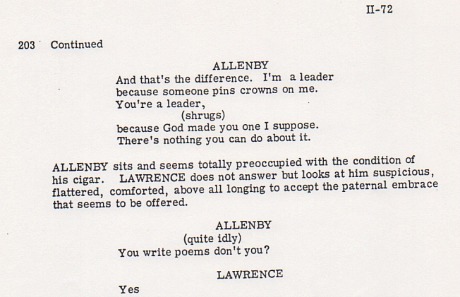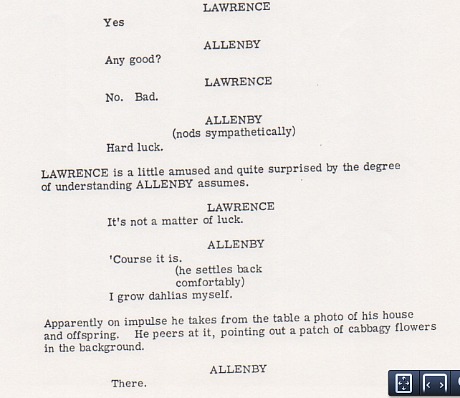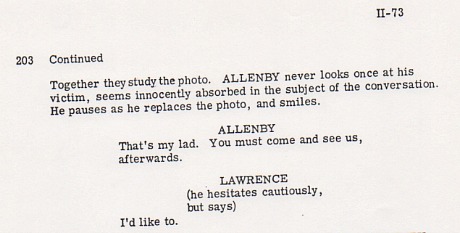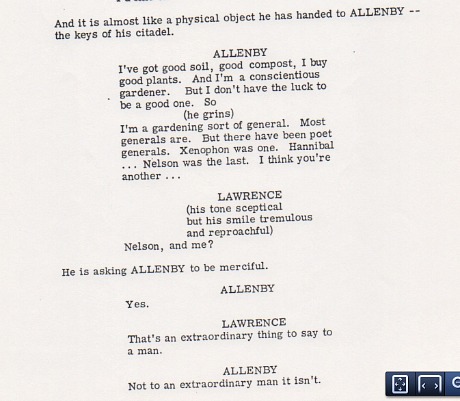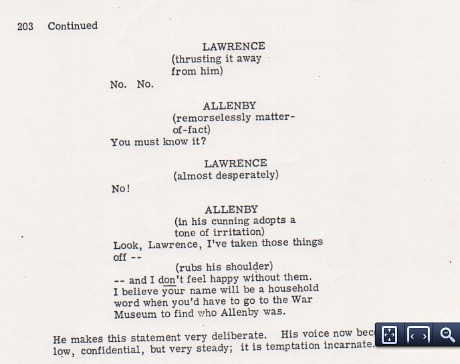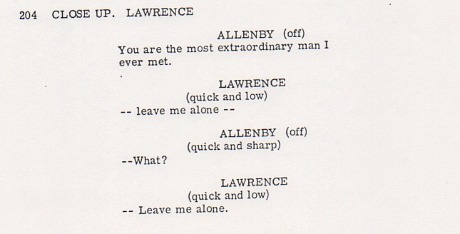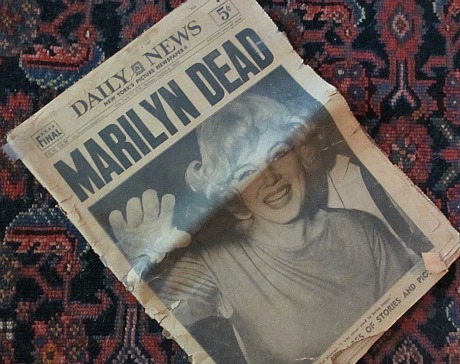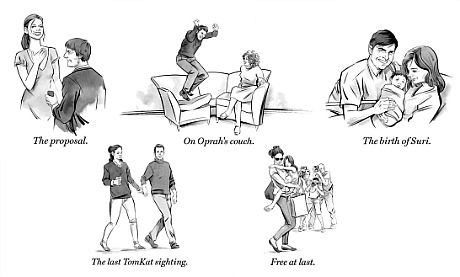You can just smell the contempt in Dave Kehr‘s N.Y. Times review of Olive Films’ recently released Bluray of Fred Zinneman‘s High Noon. And who woulda thunk that Kehr, a brainy, tweedly-deedly Manhattan critic who knows from scholastic film culture like no one’s business, would side with Howard Hawks and John Wayne on the matter of Marshall Will Kane’s pleas for help from the citizens of Hadleyville?
Hawks and Wayne are famed for having expressed disgust that Kane would ask for special deputies to help him fight the Frank Miller gang after the noon train arrives. They thought this was unmanly and contemptible, and their eventual response was Rio Bravo, a 1959 western that was roughly about the same situation (i.e., bad guys coming to town to shoot it out) but was basically about homies sticking together and looking out for each other.
“Whatever message it was meant to convey, High Noon was always a sort of meta-western, conceived by a group of filmmakers who had little or no previous experience with the genre,” Kehr writes. Let me explain to Kehr what High Noon is meant to convey. It’s meant to convey that fair-weather friends are a dime a dozen, that most people are cowards or at the very least don’t mean what they say, and that when the chips are down there’s only person you can really count on — yourself. Got it?
Gary Cooper, who won an Oscar for his performance as Kane, “never seems quite right for the role,” says Kehr, particularly “as he goes door to door begging the terrified citizens to help him stand up to the vengeful outlaw (Ian MacDonald) returning on the noon train. At one point he even puts his head down on his desk and seems to cry.”
Are you feeling that Wayne attitude? Are you sensing that Hawks snarly-tude? This, apparently, is what your hardcore Rio Bravo fan thinks like, deep down. Real men are real men, and not only do they they not reveal that they’re scared, they just plum flat-out never feel scared, period.
“With Marlon Brando or Montgomery Clift, Kane’s vulnerability might have registered with some dramatic and thematic force,” Kehr writes, “[but] Cooper retreats into a rigid self-consciousness.” Bullshit — he’s obviously sweating and fretting his way through this ordeal, holding on and manning up as best he can.
I agree with Kehr that High Noon‘s “vague critique of western machismo remains one of the film’s few identifiably liberal elements (one other being the Katy Jurado character, a Mexican woman who has suffered from discrimination). Foreman’s portrait of the townspeople as trembling cowards hardly seems designed to exalt the masses.
But Kehr is all wet when he tries to draw a link between High Noon and the Korean War and the threat of atomic annihilation, to wit: “What convinces in High Noon is the film’s sense of social malaise, of a community drained of coherence and conviction in the face of overwhelming fear — certainly a plausible portrait of a country in which, according to a Gallup poll in September 1951, about half the respondents believed that the Korean conflict represented the beginning of an atomically charged World War III.”


